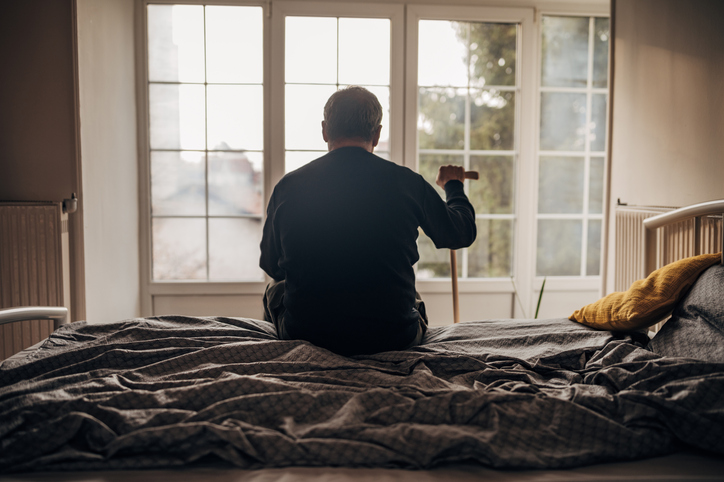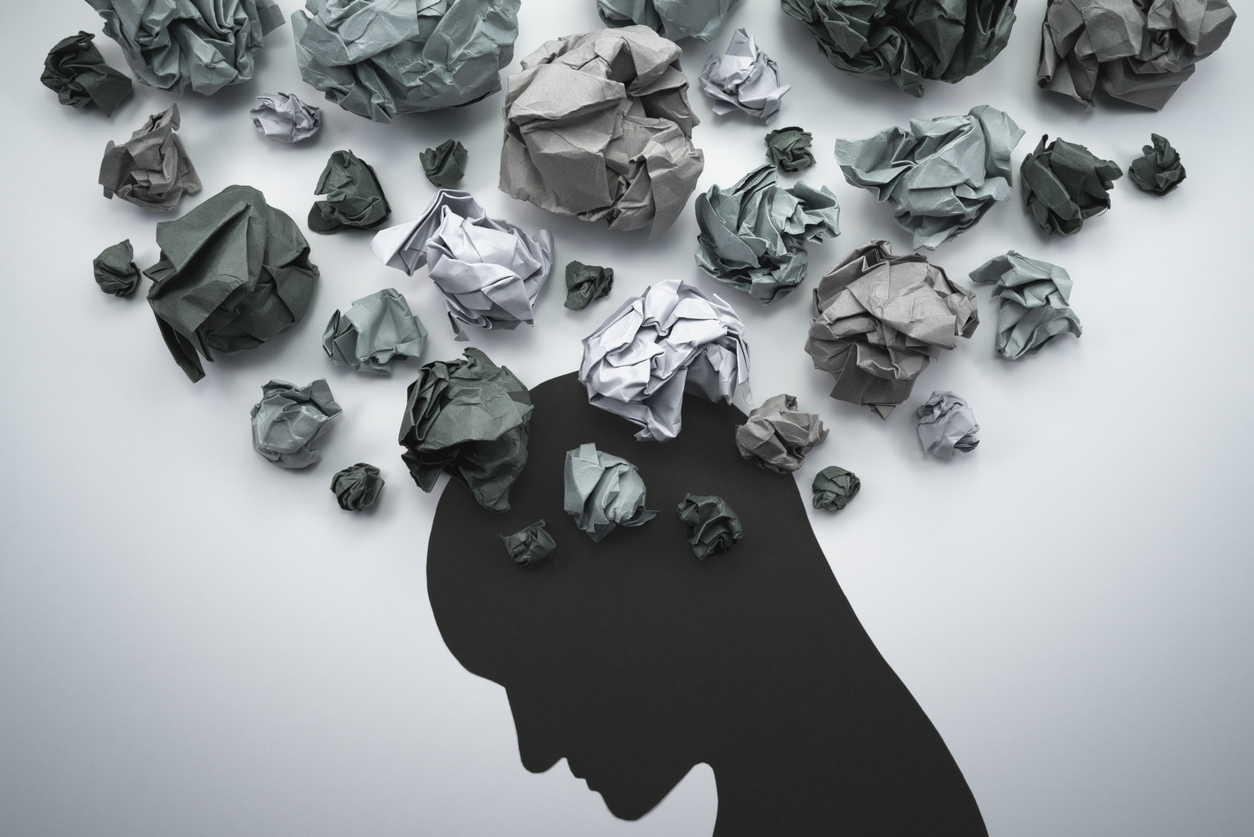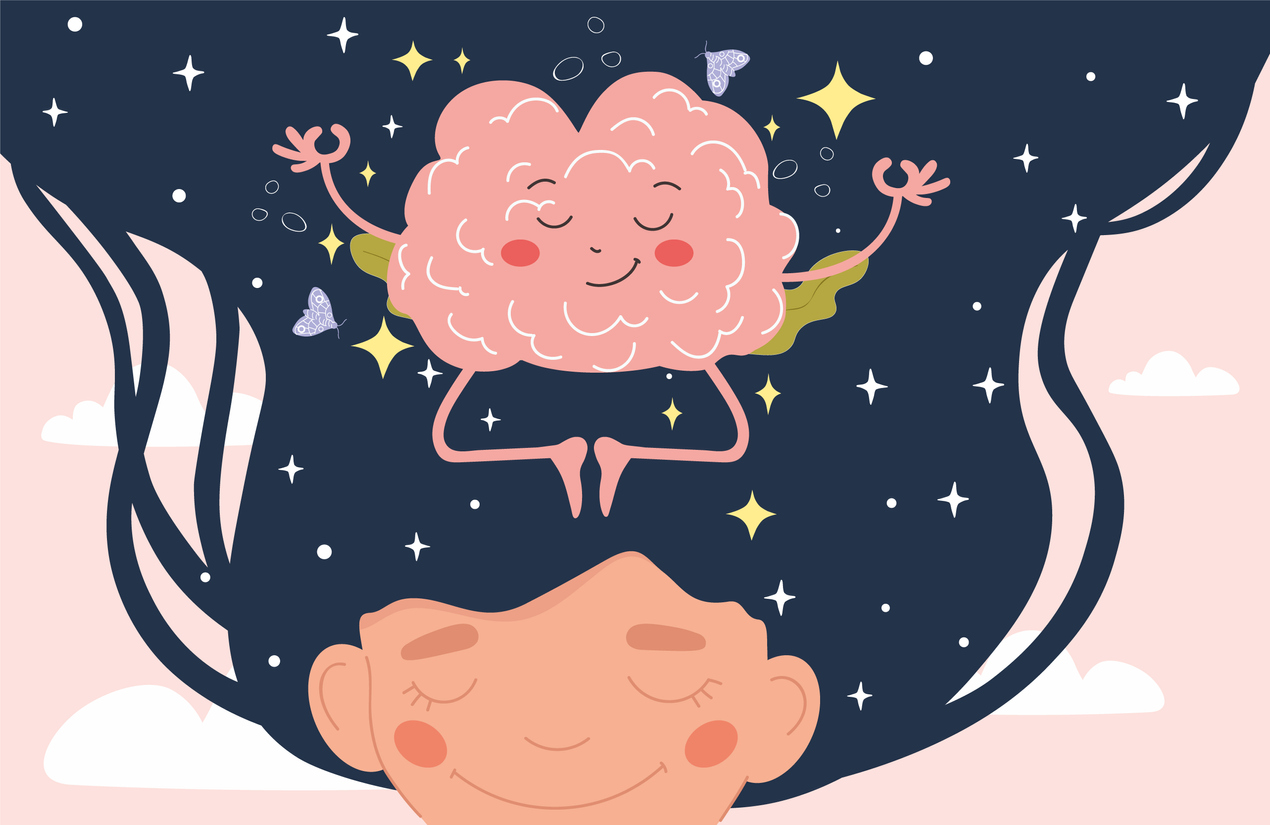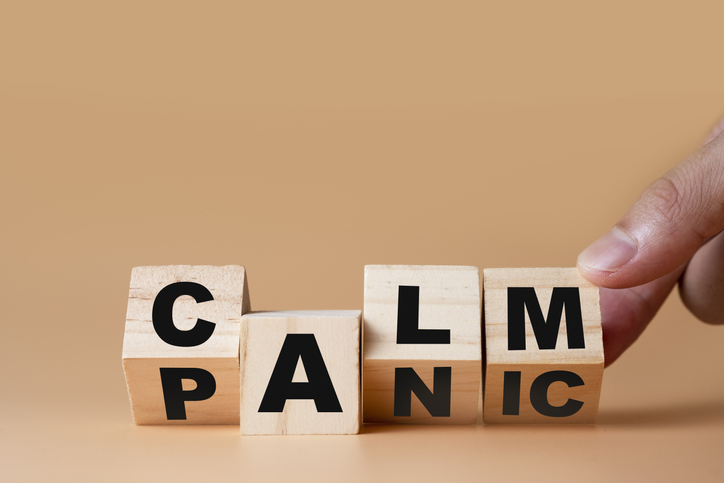Pain
How Chronic Pain, Anxiety, and Depression Can Lead to Higher Rates of Functional Limitation

The link between chronic pain, anxiety, and depression
A connection exists between chronic pain, anxiety, and depression. This partially occurs due to psychological factors. For example, experiencing chronic pain can cause depression, and depression can feel like physical pain. Another part of the connection is biological, in which pain and mental health conditions impact brain chemicals, such as cortisol, serotonin and norepinephrine.
Other factors in the connection of pain, anxiety and depression may include social isolation due to pain levels, sleeping difficulties caused by pain, or excessive worry surrounding the pain condition. In a study of an estimated 32,000 people, those with chronic pain were approximately five times more likely to report anxiety and depression than those without chronic pain. Disabling pain increased the risk further. Roughly 65% of individuals who seek help for depression also report pain symptoms.
Chronic pain, anxiety, depression, and functional limitation
Individuals with chronic pain, depression, and anxiety have significantly higher rates of functional limitations. Difficulty with work is present in 69.4% of individuals with co-occurring conditions, while 43.7% reported that they needed assistance with errands, and 55.7% reported difficulty participating in social activities. Anxiety and depression mixed with chronic pain significantly lowers a person’s functional capacity.
Treatment
Anxiety, depression, and chronic pain can be difficult to treat as individual entities, but together, they are even more challenging. Beneficial treatment options include cognitive behavioral therapy, relaxation and meditation, antidepressants, and mood stabilizers, such as pregabalin.
Additional sources: American Psychiatric Association and Pain: International Association for the Study of Pain

















